Last week, the former leaders of predecessor units and national experts in special operations met with General Gabor Borondi, Chief of the Hungarian Defense Forces Staff, at the Hungarian Defense Forces’ Special Operations Command in Szolnok. What was the goal of the meeting?
In October, we’ll undergo a NATO-level inspection that will evaluate our command’s operations, capabilities, equipment, and resources based on thousands of criteria. This conference could be called a workshop. It was the first step in a process that will continue after the evaluation, when we will sit down to envision how this military force and its capabilities can meet the challenges of our time and protect the Hungarian people over the next five years, by 2030.
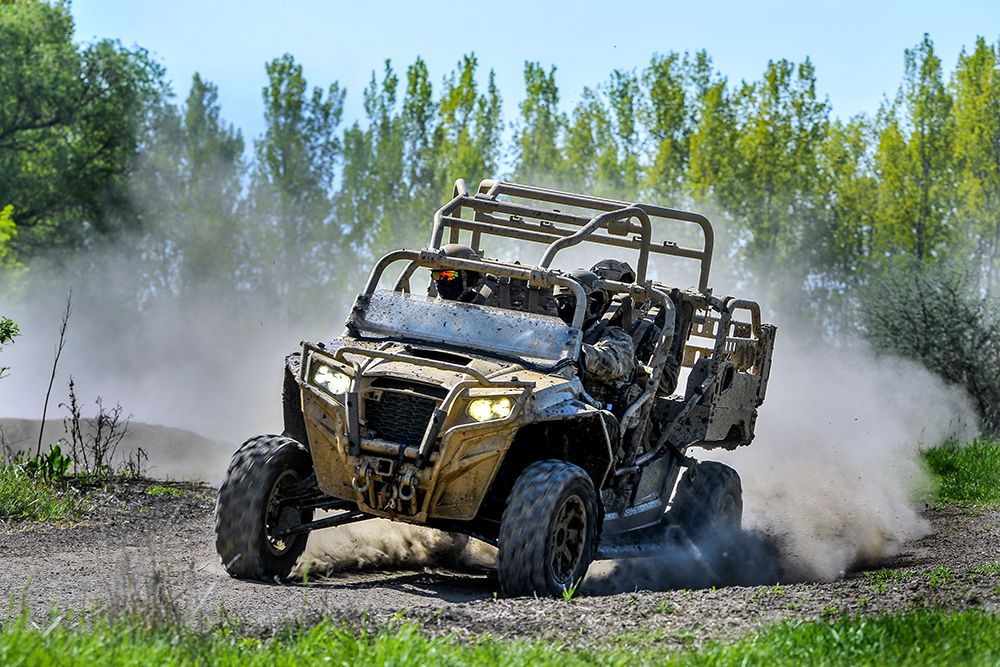
Recently, the Hungarian Defense Forces' 1st Special Operations Brigade 'Arpad Bertalan' merged with the Joint Special Operations Command, forming the new Special Operations Command as of February 1, 2025. Why was this necessary?
The leadership of the Hungarian Defense Forces' special forces is now concentrated in one place within this new structure, and I lead the command as a direct subordinate of the Chief of the Defense Staff. This results in rapid decision-making, which is necessary for a military organization created for special operations. The world around us has changed: the extent, nature, and form of threats are changing, and military organizations must adapt to this. However, it is not only in terms of structure, capabilities, training, weapon systems, and especially mindset that we must be able to build a system that provides a genuine response to the threats.
In what direction are conflicts evolving? What do special operations soldiers need to be prepared for?
We're monitoring various theaters of war, and we’re seeing a significant shift in trend. In some areas, conventional ground forces are beginning to form smaller units with more specialized capabilities, sometimes thinking in terms of structures similar to special operations units. We're like a laboratory that demonstrates how to prepare for this type of warfare. What’s happening on the battlefield? Large-scale troop concentrations and large tank or armored vehicle formations are becoming infeasible, because the warring parties' long-range and deep-strike capabilities can eliminate such large targets. Conventional forces, whether armored or infantry, must figure out how to move and fight in smaller units. In addition, we have seen in Afghanistan, and previously in Iraq, that urban warfare has become a decisive factor. The Russia-Ukraine conflict has practically evolved into a drone war.
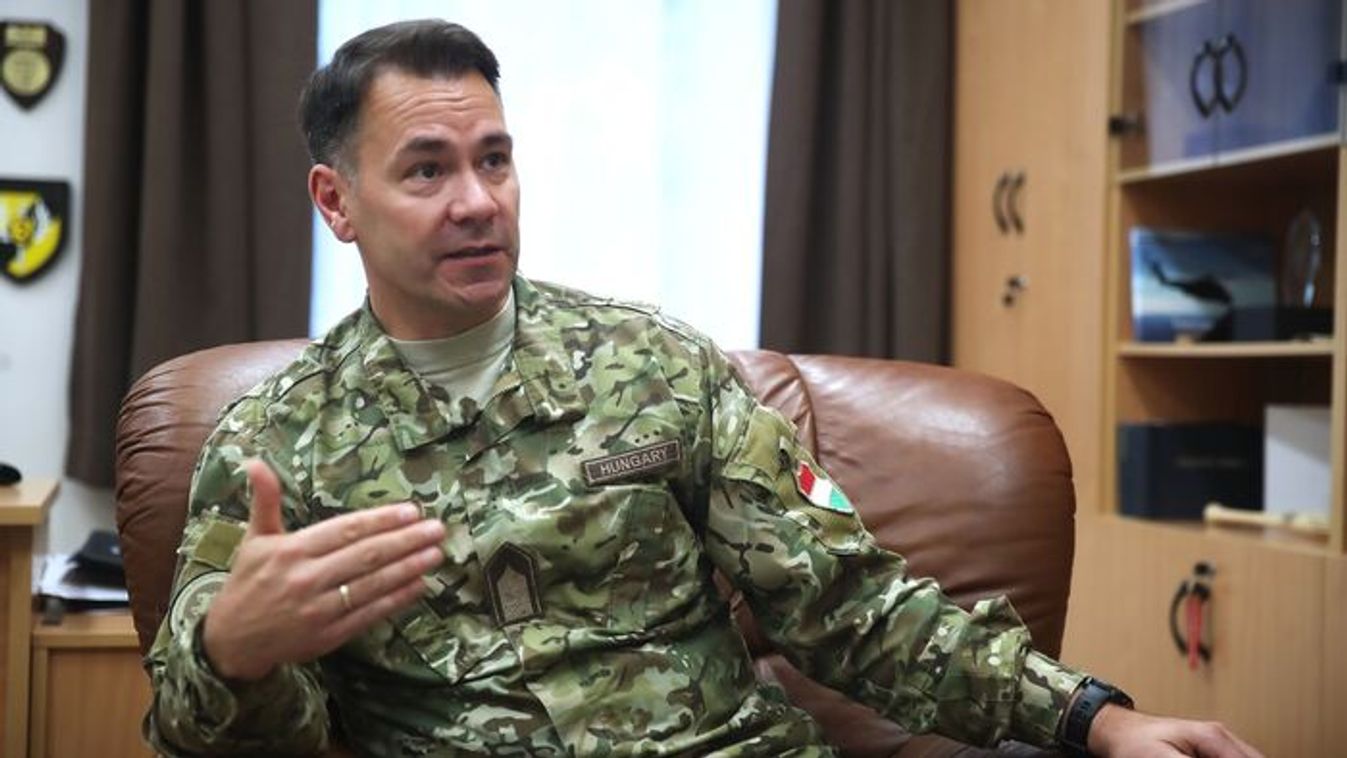
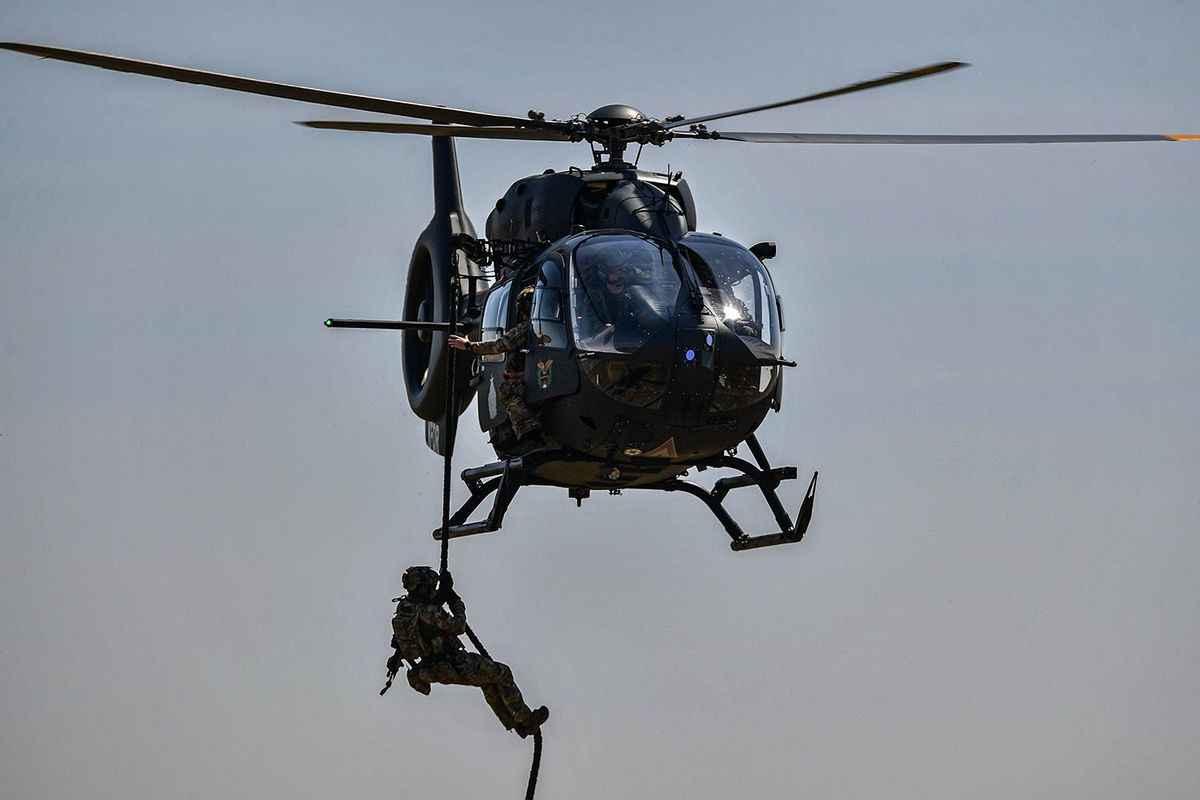
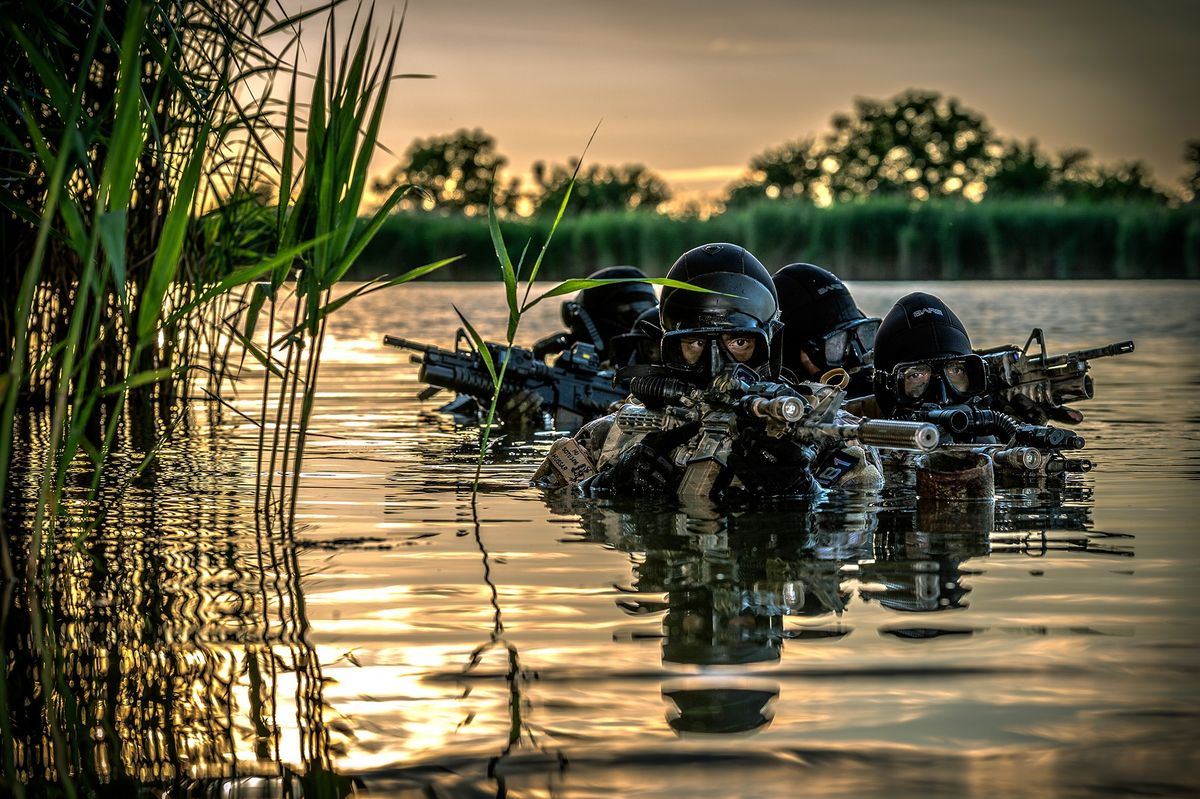
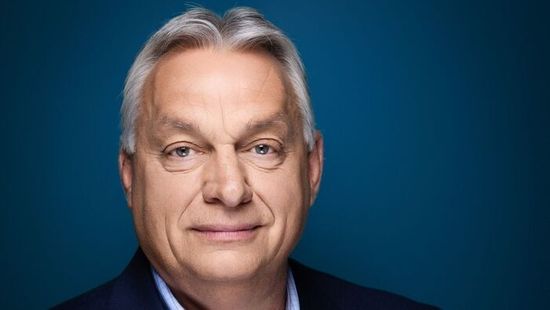

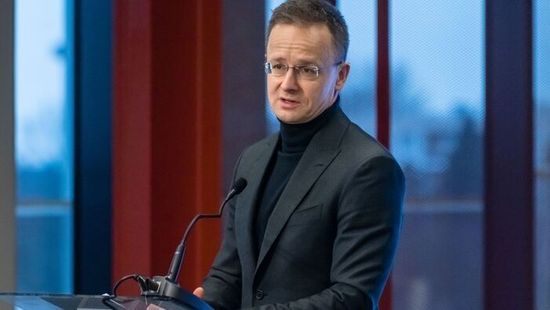
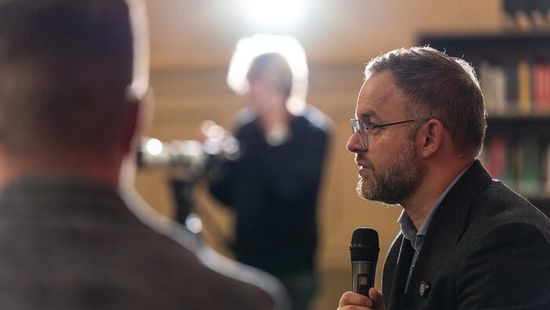


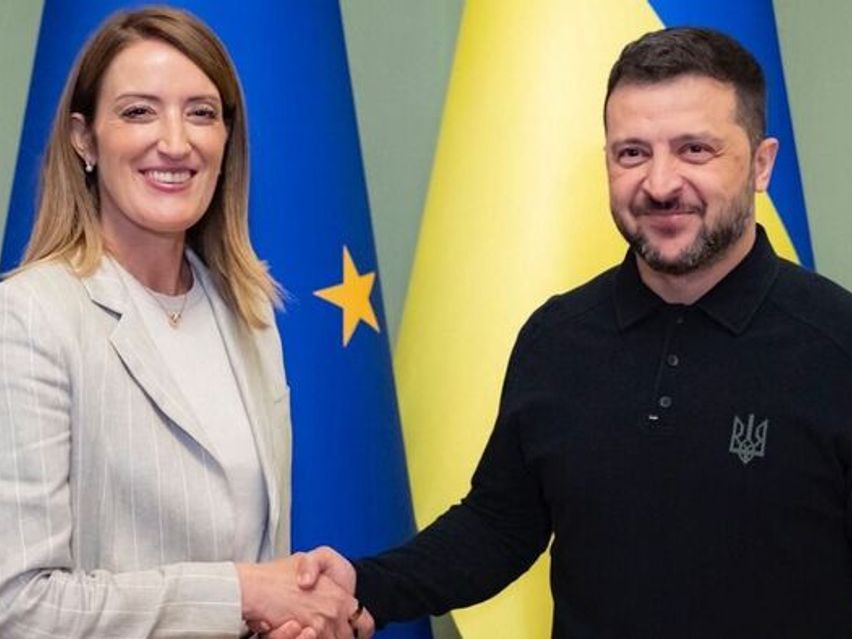
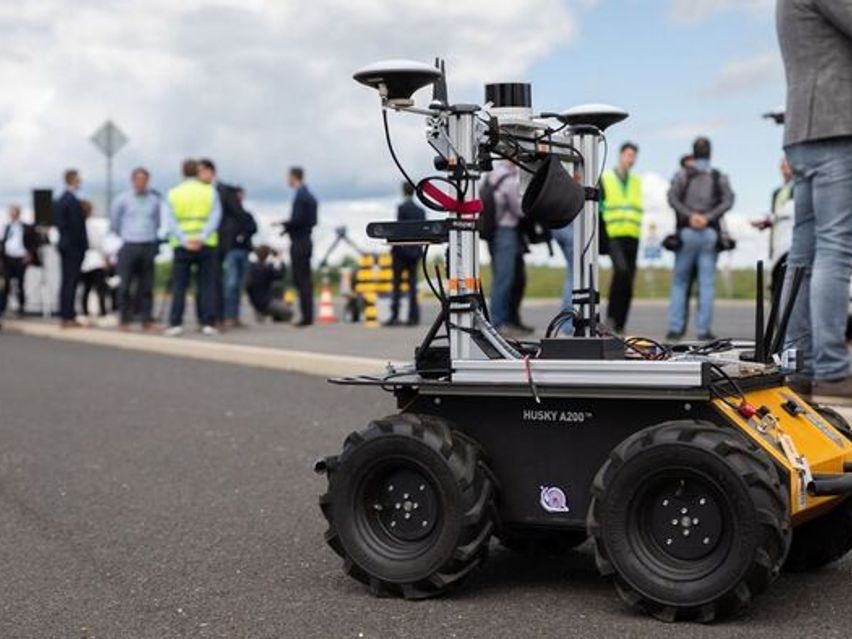



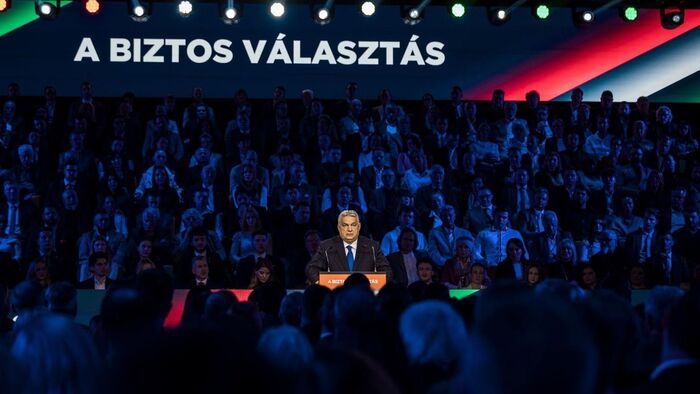
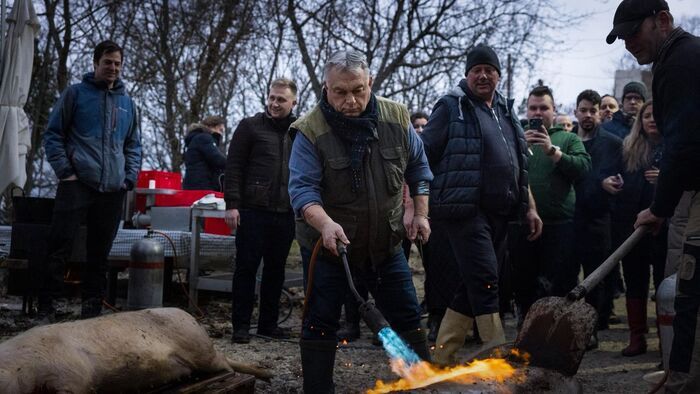
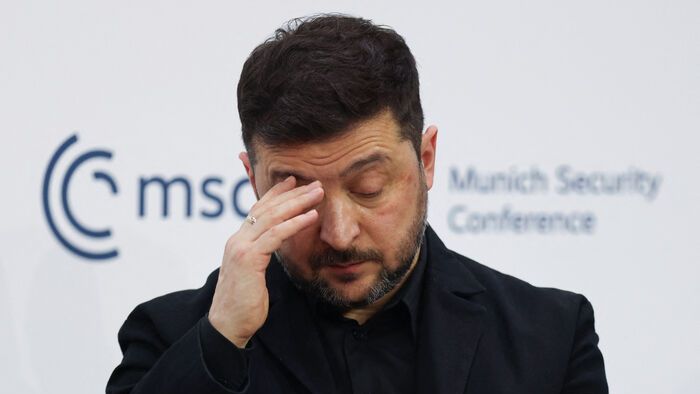
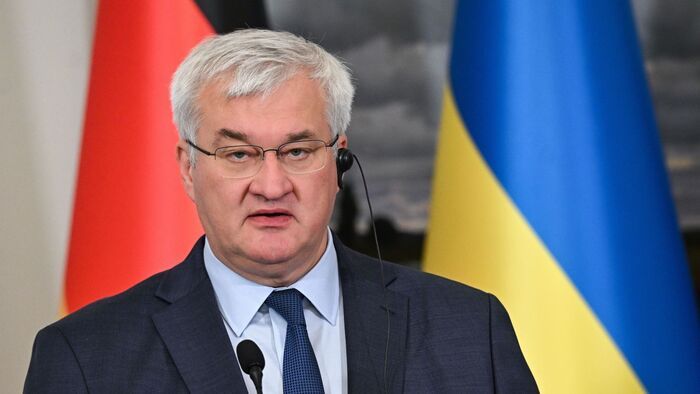
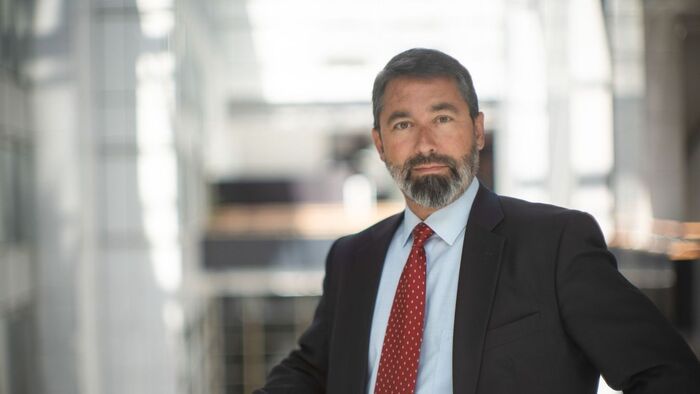
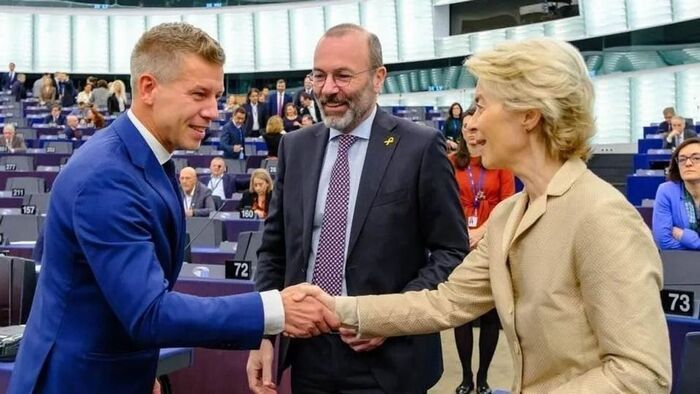

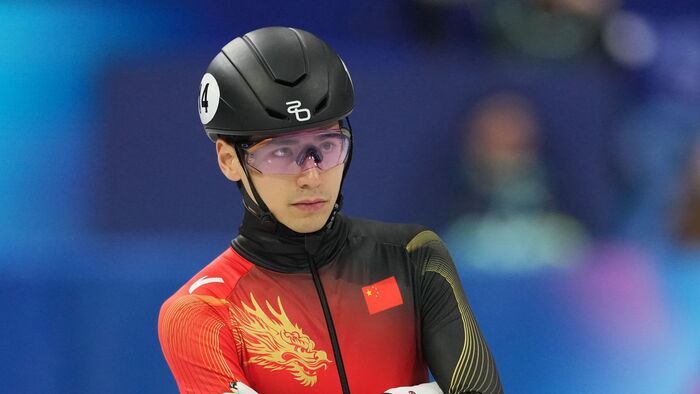



Szóljon hozzá!
Jelenleg csak a hozzászólások egy kis részét látja. Hozzászóláshoz és a további kommentek megtekintéséhez lépjen be, vagy regisztráljon!